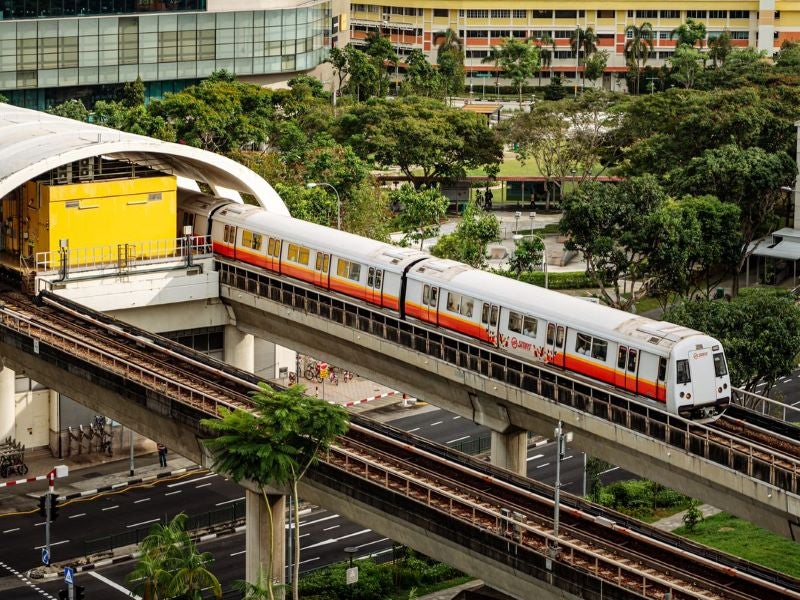
SMRT Trains has collaborated with France-based Thales to develop next-generation rail signalling technologies for greener rides in Singapore.
Both entities will work on an initiative called “The Next-Generation Green CBTC Project,” which is expected to help SMRT Trains to attain net zero emissions by 2050.
The project mainly focuses on lowering electricity consumption besides further improving the traction energy efficiency of the North-South and East-West lines (NSEWL).
In 2017, Thales’ SelTrac communications-based train control (CBTC) system was first deployed on NSEWL.
Given that NSEWL is managed by CBTC signalling, the traction-related actions of acceleration, braking, and coasting are controlled by the automatic train operation (ATO) system.
Serving as an environmentally sustainable alternative, Singapore’s Mass Rapid Transit (MRT) systems operate on inherently green traction power.
Thales’ automatic train control (ATC) system combines smart and green CBTC algorithms.
These algorithms help to operate an automated and driverless train, which follows optimised curves to cut down energy and boost punctuality.
Now, both the entities will focus on further developing the next-generation Green CBTC algorithms to assess the operational efficiency of its green features leveraging data analytics.
The partnership will also study the potential uses of the new intelligent application to cut down the traction energy of the NSEW lines by 15%.
SMRT Trains president Lam Sheau Kai said: “This joint development of the Next-Generation Green CBTC system on NSEWL is a project that shows SMRT’s commitment to long-term sustainability and net-zero emissions.
“We are glad to partner Thales to enable energy-optimised train operations. In view of rising electricity costs, any reduction of energy usage in our operations will contribute to greater productivity and financial sustainability.”
In July this year, Thales won a long-term services (LTSS) contract from SMRT Trains.



